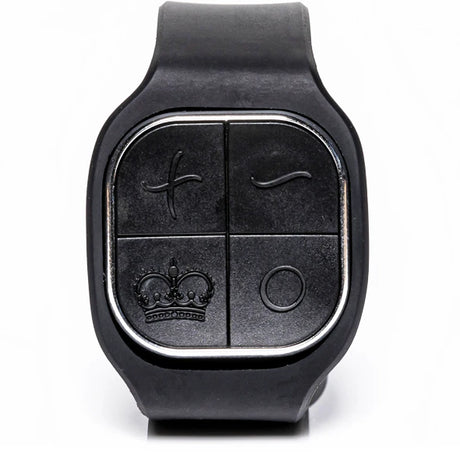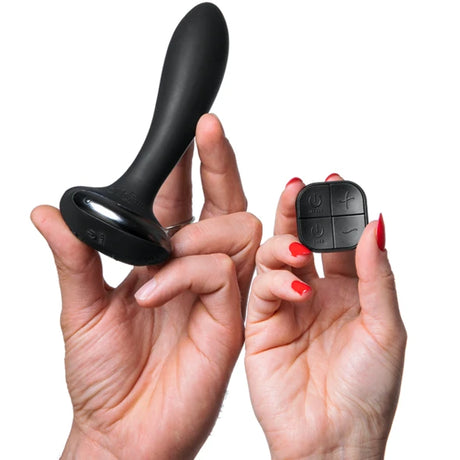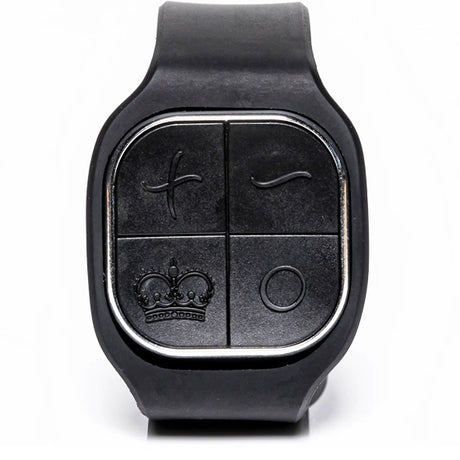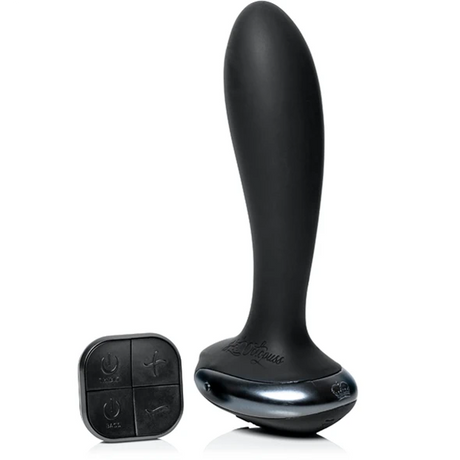You’re lying in bed together. Physically, they are there. But emotionally? It feels like they are somewhere else entirely. Conversations are brief, sex feels off or non-existent, and you’re not sure how or when things started to shift, but maybe they have.
Sound familiar?
Emotional distance can creep into even the strongest relationships. It’s not always dramatic or obvious; sometimes it shows up quietly, and suddenly it's been 3 months with no sex, no touch, and no form of connection. And if you’ve been noticing that something feels off, you’re not imagining it. The good news? You’re not powerless here, and it really does happen more often than you might think.
Let’s break it down.
What emotional distance looks like...
Being distant doesn’t always look like fighting or sleeping in separate rooms. In fact, emotional distance often manifests in quieter ways, the kind that are easy to overlook at first. The kisses may be quicker or even avoided, the touches and holding hands, or the evening cuddle on the sofa become fewer and fewer. The conversations tend to focus on logistics rather than connection. From childcare, calendars, and chores, rather than checking in, what shall we do for ourselves this evening, or even planning the usual monthly date night, might seem like a distant memory.
It starts to feel like you’re sharing space, not a life. You’re more like flatmates or business partners than a couple, and while things might look fine from the outside, deep down, you know the closeness has slipped.
Why might withdrawal be happening
Many people assume a lack of closeness means their partner is no longer interested or attracted to them. But in reality, the cause often lies elsewhere, even your partner might not know where this is stemming from.
However, a few things to consider are that stress and mental overload are significant culprits, especially in the context of work stress, family responsibilities, or the pressure to keep everything together. A constantly busy mind doesn’t leave much space for emotional or physical intimacy, which means the body won't be screaming for anything sexy to happen when someone feels like they need to make it through the day.
Other factors to consider are lifestyle changes, like starting new medication, experiencing a dip in mental health, or living with chronic pain or fatigue, which can also impact how emotionally available someone feels or how sexy they feel in their body, let alone their relationship.
Sometimes, the issue begins outside the bedroom but eventually trickles in. For example, a common theme is that if your partner feels disconnected, unseen, or unappreciated in day-to-day life, they may pull away from sex altogether. And here’s the bit most people miss: if the sex you’re having isn’t working for them, emotionally, physically, or both, they may start to avoid intimacy, not because they don’t want you, but because they don’t want an experience that leaves them feeling frustrated or unfulfilled.
How to bridge the gap (without making it worse)
Final word...
If you’re feeling the distance and sex has been off the table for a while now, chances are, they are feeling the distance and disconnect too. And while it’s easy to get stuck in silence or frustration, the truth is that relationships are always evolving, and stepping up and being the first to address it can be exactly what's needed to bring you closer together. Disconnection doesn’t mean failure; it means something needs to be addressed. So why not be the first to fix it?
This isn’t about being perfect; rather, it’s about being present and showing up even when it doesn't feel natural to do so.


































